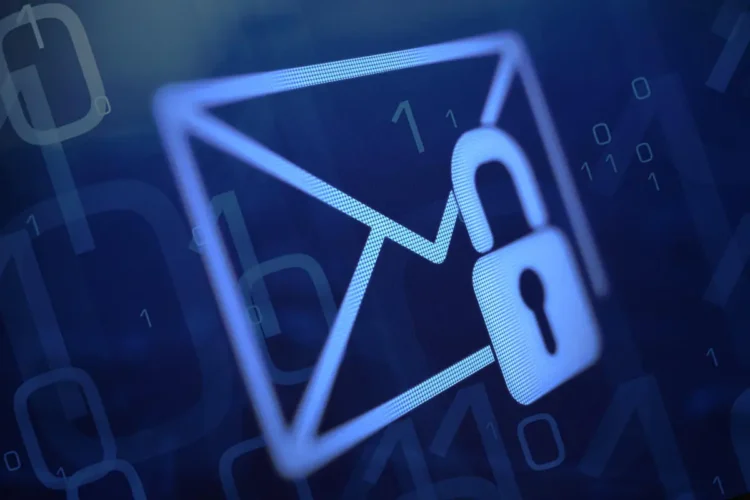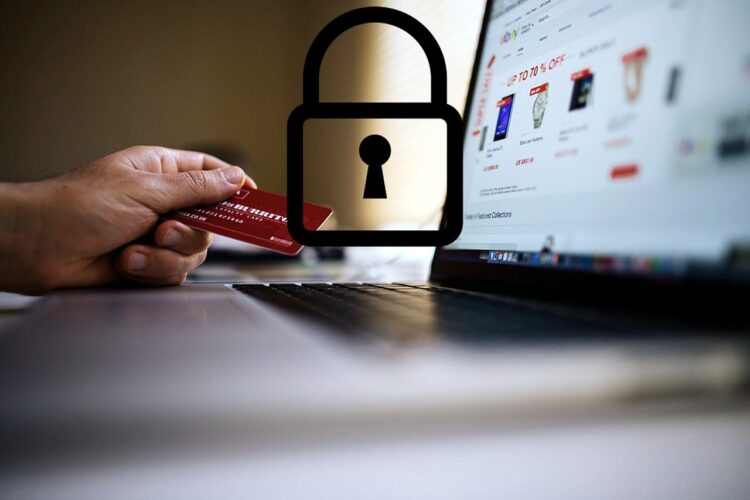Cybercrime is a real and growing problem for businesses of all sizes. In fact, a recent study found that small owners are more likely to be the targets of cyberattacks than any other type of company. Fortunately, there are steps you can take to protect your business from cyberattacks. In this blog post, we will discuss some of the most common cyber threats and offer tips on how to protect your business against them.
Cybersecurity Basics

Small businesses are often not as well equipped to deal with cyber threats as larger businesses. Here are some basics to help protect your business from cybercrime. In addition, cyber security for charities is even more concerning given they often have less financial resources to invest in this area:
- Educate employees about cyber security and how to protect themselves. Make sure everyone understands the importance of passwords, firewalls, and antivirus software.
- Have a plan in place for responding to a cyberattack.
- Use strong passwords and keep them up-to-date. Choose complex passwords that include upper and lowercase letters, numbers, and special characters. Don’t use easily guessed words or personal information like your birth date.
- Regularly back up your data and keep it secure offline as well as online. Store backups on separate physical or electronic devices that are not connected to the internet.
Email Security

Email security is an essential part of protecting your small business from cyberthreats.
Keep your email addresses and passwords secure. Don’t store them on your computer or in any easily accessible locations. Store them in a secure password manager instead.
Use appropriate security protocols when sending and receiving emails. Use HTTPS (HTTP Secure) when connecting to remote servers, and ensure that all email messages are properly encrypted using strong encryption algorithms.
Avoid clicking on links in unsolicited emails. Always be suspicious of emails that contain unexpected attachments or requests for personal information, especially if the sender does not appear to be trusted sources.
Use Patch Management Services. In order to protect your business from specific cyberthreats, subscribe to a patch management service. This will keep you up-to-date on the latest security patches and help you deploy them quickly and efficiently.
Monitor your computer for malicious software (malware). Malicious software can infect your computer with viruses, spyware, and other types of malware that can damage your data, steal your identity, and disrupt your online activities. Install antivirus software and regularly scan your computer for signs of infection.
Keep up-to-date with industry best practices when it comes to email security. Stay informed about new threats and updates to industry standards so you can take the appropriate precautions to protect yourself and your business from cyberattack.
Social Media Security

One of the most important things you can do to protect your business from cyber attacks is to understand how social media works. Make sure you are using the right platform for your business, and that you are using strong passwords and security settings.
When it comes to sharing personal information online, be careful not to do so inadvertently. Make sure all important account information is easily accessible and that passwords are tough to crack.
Cyber criminals love trying to trick people into revealing their personal information online by sending them fake emails with links in them. Always be suspicious if someone sends you an email asking for personal information or money. Check the URL in the email address before clicking it, and don’t give out any sensitive information unless you are absolutely certain that person is who they say they are.
Protecting Your Business Data

Cyber threats to businesses have been on the rise in recent years. In a study conducted by the Ponemon Institute, cybercrime cost American businesses more than $450 billion in 2016. Cyber threats can come from a variety of sources, including hackers, scammers, and spies.
One of the most important steps you can take to protect your business data is to develop and implement a cybersecurity strategy. This will include identifying vulnerabilities in your systems and implementing measures to protect against cyber threats. You should also implement policies and procedures to manage information security risks, monitor activity on your systems and report any suspected cyberattacks promptly. One prevalent security framework being adopted by many data based organisations at the moment is zero trust architecture, this involves individually vetting and monitoring every device and user access on a system, as well as any source that receives or sends packets of data. This is done on the assumption that malicious entities already exist inside a network and therefore maximum care is taken to handle all data in a safe manner to prevent potential damage from inside the network.
You should also consider using security solutions toprotect your business data against cyber attacks. These solutions can include cybersecurity software, such as antivirus software or firewalls; data encryption tools; and secure communications tools, such as VPNs or encrypted e-mail.
If you are concerned that your business could be targetedby a cyberattack, you should consult with an experienced cybersecurity consultant.
Keep antivirus software updated
Keeping antivirus software updated is one of the best ways to protect your small business from cyber threats. Antivirus software helps identify and remove viruses before they can damage your computer or data.
Go to the antivirus software’s website and check for available updates. Major updates may include new virus definitions, which will help protect your computer from current and future viruses. You can also manually download and install updates if you prefer.
Conduct regular data back-ups

It’s important to keep your business data safe by conducting regular backups. Cyber threats can happen at any time, and if your business data is lost in a cyber attack, it can be very difficult to recover.
By regularly backing up your business data, you can ensure that if something does happen and your data is lost, you can quickly restore it. This will help protect your business from potential cyber threats and ensure that your operations continue as normal.
Online Payment Security

They are often more vulnerable to cyber threats than large corporations because they have fewer resources to devote to cybersecurity and are more reliant on online systems.
The Payment Card Industry Data Security Standard (PCI DSS) is a set of security protocols that banks use to protect their customers’ payment card data. PCI DSS requires that businesses take steps to protect cardholder data from unauthorized access, use proper security measures to prevent unauthorized acquisition of card data, and maintain procedures to investigate and respond to known breaches.
To help them comply with PCI DSS, the Payment Card Industry Security Standards Council (PCISC) created the PCI DSS Best Practices for Small Businesses. These best practices cover topics such as managing risk, protecting cardholder data, and monitoring activity.
They can also use third-party security solutions to help protect their online systems from cyber threats. These solutions can include antivirus software, intrusion detection and prevention systems, and firewalls.
Conclusion
Cyber threats are on the rise, and as a small business owner you need to be prepared. In this post, we discussed some of the most common cyber threats and how you can protect your business from them. By following these tips, you can keep your business safe and secure from the consequences of a cyber attack.







